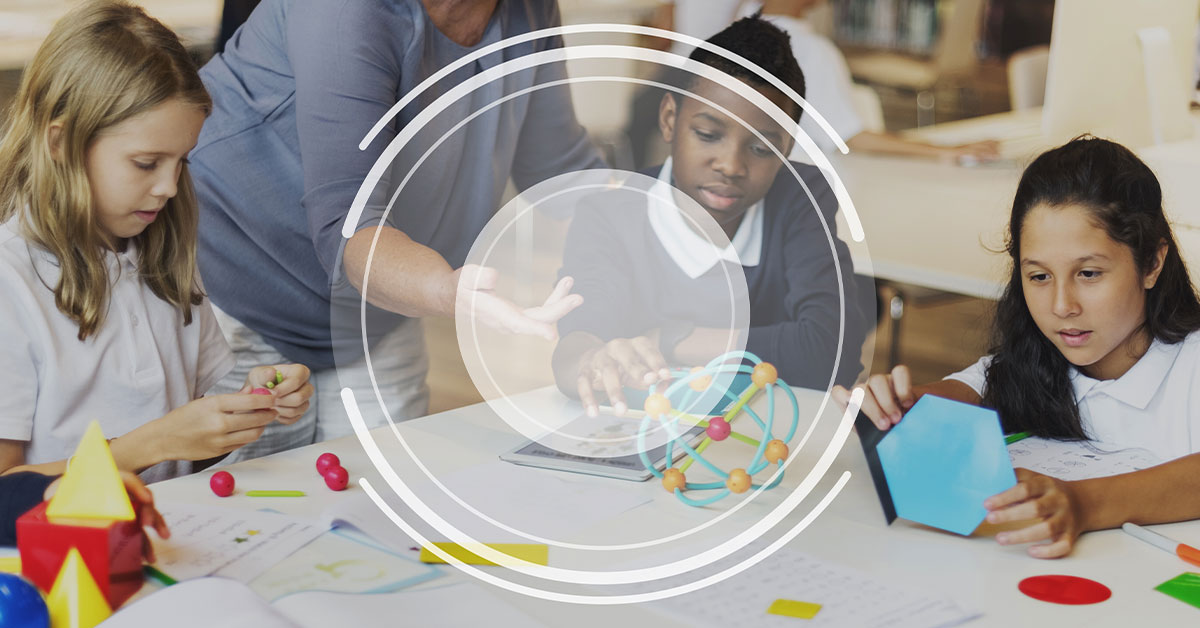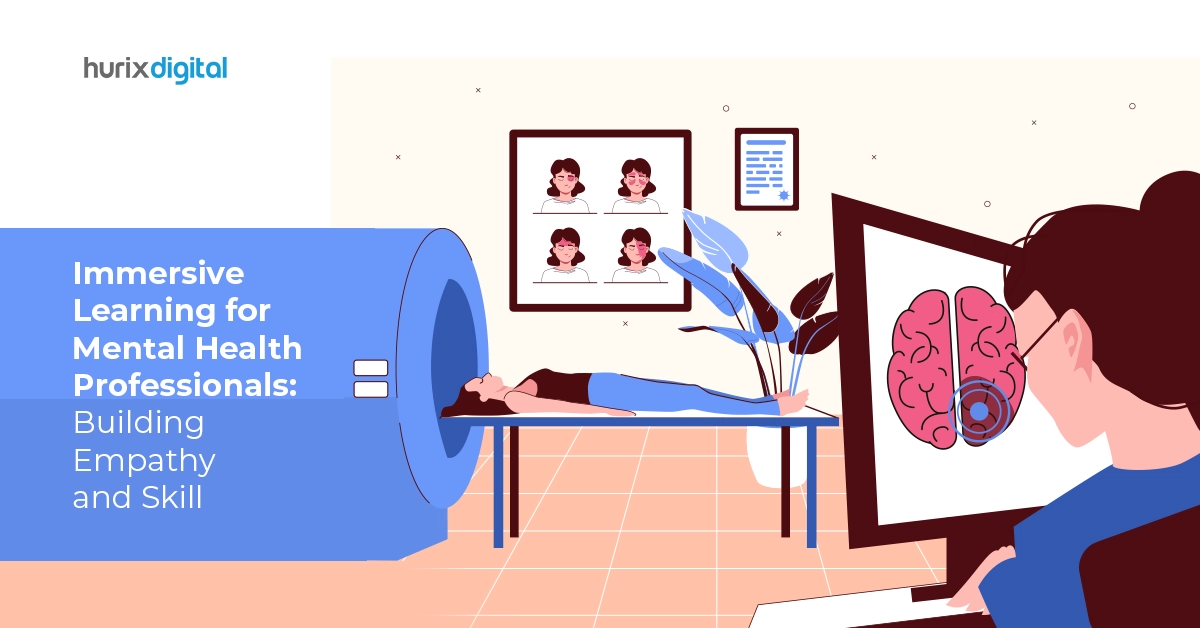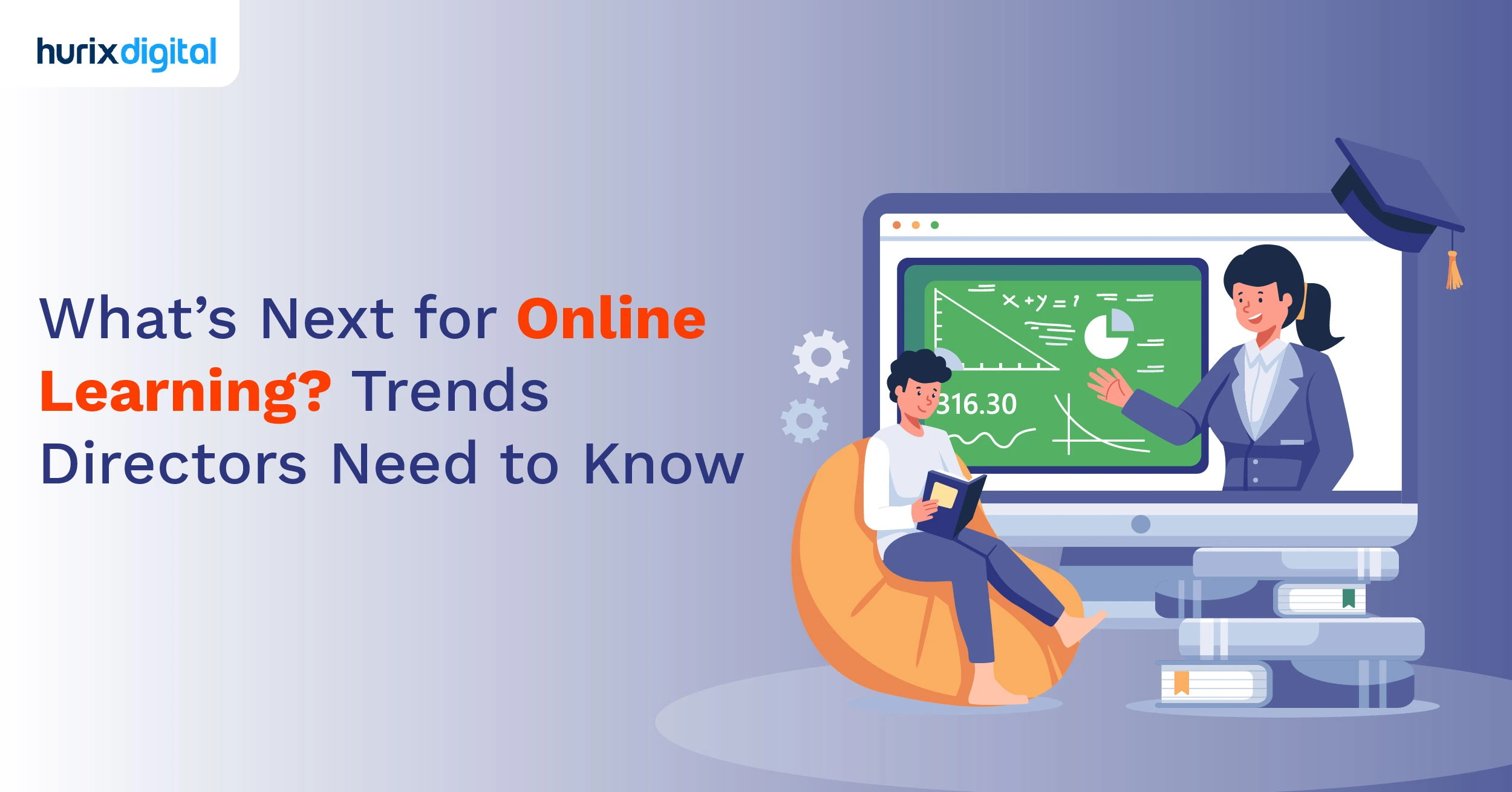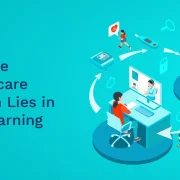
How Does Realistic Simulation Enhance K-12 Learning?
An increasing number of K12 instructors looking for innovative ways to improve their students’ critical thinking skills are finding instructional, realistic simulation as a valuable tool to enhance learning.
Apart from offering great potential to engage students in deep and immersive learning, simulations in K12 education also empower better understanding in students as opposed to just superficial learning that requires only memorization.
In this blog, we explore instructional simulation in teaching and the various ways in which it can enhance K12 learning.
Table of Contents:
- What is a Realistic Simulation?
- Key Elements of Realistic Simulation in Education
- Various Ways Realistic Simulation Enhances K12 Learning
- Best Practices for Realistic Simulation in Teaching
- To Conclude
What is a Realistic Simulation?
Simulations in K12 learning are essentially specific instructional scenarios where a student/learner is placed in an atmosphere defined by the teacher and represents a distinct reality within which students can interact.
What is important to note here is that in the world of realistic simulation, the educator controls various parameters and uses them to achieve the expected instructional results. Students then experience the reality of different scenarios and gather meaning from them.
Simply put, a realistic simulation in education is a form of experiential learning that fits well with the principles of constructive student-centered learning and teaching.
Also Read: Preparing K12 Students for Higher Education: Best Practices
Key Elements of Realistic Simulation in Education
In general, instructional simulations incorporate some or all of the below-mentioned characteristics:
- Scenarios: Realistic simulations present a particular problem to solve or a situation to react to in a specific context. This problem or situation could include a certain time frame and/or a set of resources/tools.
- Role-playing: Simulations often place learners in a particular role within the scenario. Few of them also require students to collaborate with learners in other roles working through the same problem, albeit from different perspectives.
- Environment: Instructional simulations in K12 learning replicate an authentic situation/ location in some way, such as a chemistry lab or a hospital room, which can be built either in physical or digital spaces.
- Open-ended: Realistic simulations often require learners to make various decisions, wherein each of these decisions impacts the progress they make in that scenario and determines what decisions they’ll make next.
- Reflection: Simulations generally rely on structured reflection through journaling, discussions, or similar assignments, to effectively evaluate the decisions that were made by connecting them to the outcomes they led to, and reinforcing what students learned from the experience.
Various Ways Realistic Simulation Enhances K12 Learning
There are multiple reasons why simulation learning is gaining momentum in K12 education. Apart from reducing overall education costs, simulations can also offer an engaging learning experience.
They help introduce an interactive component to K12 classes that are designed not just to develop students’ skills but also to teach them to apply those skills successfully in a range of scenarios.
Let’s explore five ways in which using realistic simulations can help enhance student learning:
1. Promotes the Use of Critical and Evaluative Thinking in Students
Being open-ended in nature, simulations promote the use of critical and evaluative thinking among students. In addition to this, they encourage K12 students to contemplate the implications of different scenarios so that the situation feels real, thus leading to a more engaging interaction by learners.
Using realistic simulations also gives students concrete roadmaps of what it means to think and act similarly to a scientist and do scientific work. They allow students to change various parameter values and see what happens. This helps learners develop a feel for why the variables are important, along with teaching them the significance of magnitude changes in parameters.
2. Facilitates Prompt Feedback
Realistic simulation-based learning allows students to receive instant feedback on their learning and its effectiveness, as well as their way of using the equipment, system, or rules. Educators can also offer constructive feedback to students right away, which allows them to improve their current skills, try new skills/methods as alternatives, or improve the old ones.
Since realistic simulations cannot, by their very nature, be passive learning, they ensure that students are active participants in learning, anticipating outcomes, and formulating various new queries/questions to ask.
3. Leads to Experiential Practice
Leveraging simulations in K12 learning promotes conceptual understanding through experiential practice. They help students easily understand the nuances of a concept or a lesson. In general, students find them much more engaging than other activities. This is simply because the student experiences the online learning activities first-hand instead of hearing about them or seeing them.
4. Enables Better Knowledge Retention
A significant challenge faced by educators while designing any course structure is to ensure the retention of knowledge imparted. Students are more likely to retain knowledge if they get an opportunity to implement the skills they learned.
Simulation-based learning programs enable K12 students to understand the actions to be taken in a given situation, which helps them retain this knowledge more quickly. A good simulation often includes a strong reflection summary that helps students further reflect and think about how and why they behaved as they did during the simulation.
5. Fosters Development of Skills
Simulations typically include a range of activities that allow students to practice structured learning, communicating, and collaborating with their peers. Apart from this, they also get to replicate what is often required in an actual setting such as discussing, presenting, negotiating, and listening. This helps develop their communication and problem-solving skills.
Another benefit of realistic simulations is that they allow for repetition, which means that students can work through the scenarios many times to explore how different decisions impact the final outcome.
Best Practices for Realistic Simulation in Teaching
Realistic simulation in teaching is an effective pedagogical approach that enhances learning. Here are five best practices to ensure the successful implementation of realistic simulations in educational settings:
1. Establish Specific Learning Objectives
Setting specific, quantifiable learning goals before starting a simulation is essential. These goals should outline what the students are supposed to learn or accomplish from the simulation and be in line with the entire curriculum.
With clear objectives in place, teachers can create simulations that are targeted to achieve the task’s anticipated results.
2. Create Realistic Scenarios
Educators should create realistic settings that mirror real-world events related to the subject matter to increase the realism of simulations. Case studies, role-playing games, or problem-based learning assignments that imitate real difficulties faced by experts in their domains can be used to do this.
Students can apply their academic knowledge to practical circumstances when they are immersed in actual environments.
3. Incorporate Technology and Tools
Technology can greatly improve the realism of simulations. Include resources that let students experience immersive learning, such as simulation software, augmented reality (AR), and virtual reality (VR).
These tools can simulate intricate settings to provide students with a secure environment to hone their skills without the pressures of reality. Furthermore, adopting collaborative platforms can help students communicate with one another in a way similar to workplace settings.
4. Facilitate Reflection and Debriefing
Leading reflection and debriefing sessions is essential once a simulation is completed. Urge students to think back on what they have learned and share their perspectives.
Students can relate their experiences to theoretical principles and have their knowledge reinforced through this process. These conversations should be led by educators, who must pose thought-provoking questions that promote in-depth reflection and self-evaluation.
5. Provide Relevant Feedback
Create evaluation standards that are in line with the learning objectives and provide students with insightful comments on how they performed. This remark should highlight the simulation’s advantages and disadvantages, concentrating on both the procedure and the results.
Educators can ensure that every student is supported in their learning journey by monitoring student progress and making necessary adjustments to instruction. This can be achieved by using formative evaluations throughout the simulation.
Also Read: Future-Proof Your Curriculum: Using AI in Education for Student Learning
To Conclude
Realistic simulation-based learning is an innovative strategy that K12 educators can use not just to teach course-related concepts but also to offer students multiple opportunities to apply newly acquired skills, knowledge, and ideas in a well-designed practice setting that mirrors the real world.
As more K12 institutions and courses develop hybrid or virtual learning options, realistic simulations may be an excellent way for students to practice what they’re learning and be evaluated thoroughly remotely.
Design realistic simulations for your K12 learners with Hurix Digital. We have expertise in incorporating virtual labs into online courses. Our virtual labs can enhance the caliber of e-learning and the speed at which students advance by utilizing cutting-edge solutions like VR, AR, and adaptive AI.
If you are looking for more innovative ways to incorporate realistic simulations into your K12 curriculum, we are happy to offer our expert suggestions.

Senior Vice President – Business Development
at Hurix Digital, with over 25 years of experience in EdTech and workforce learning. He excels in business development, customer relationship management, and scaling digital learning solutions, driving global growth through innovative content, simulations, and AI‑driven training offerings






